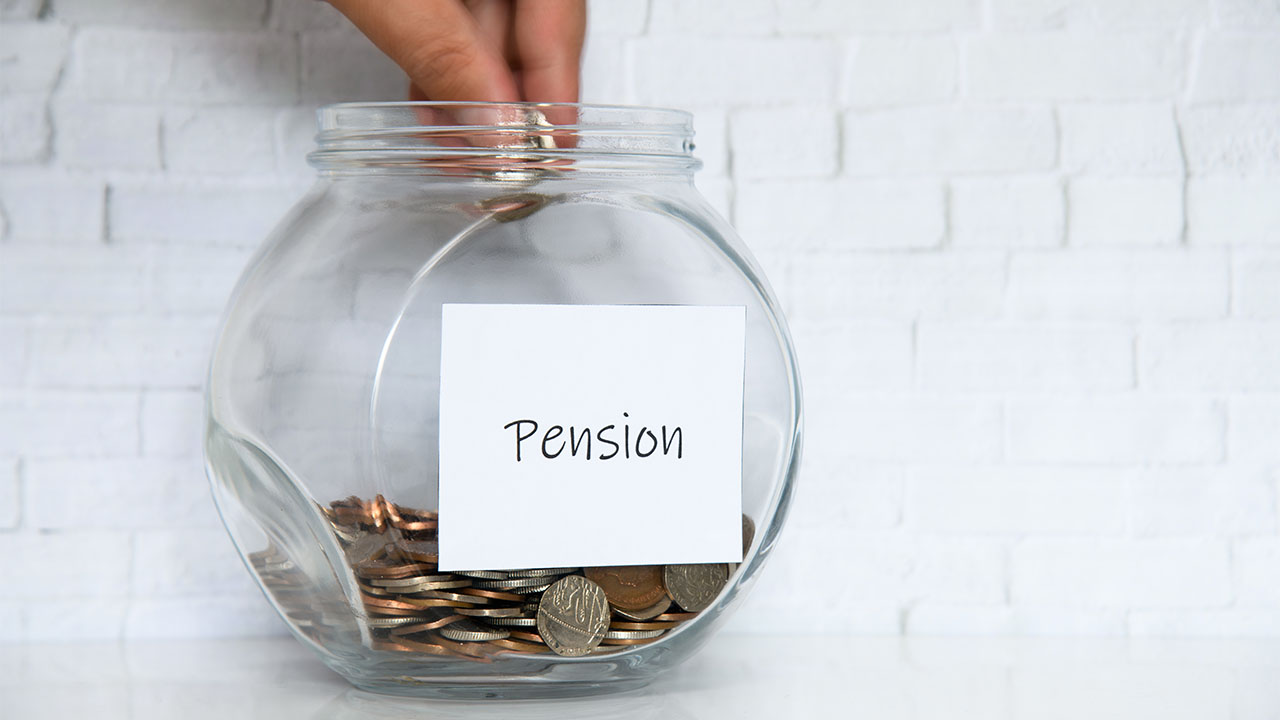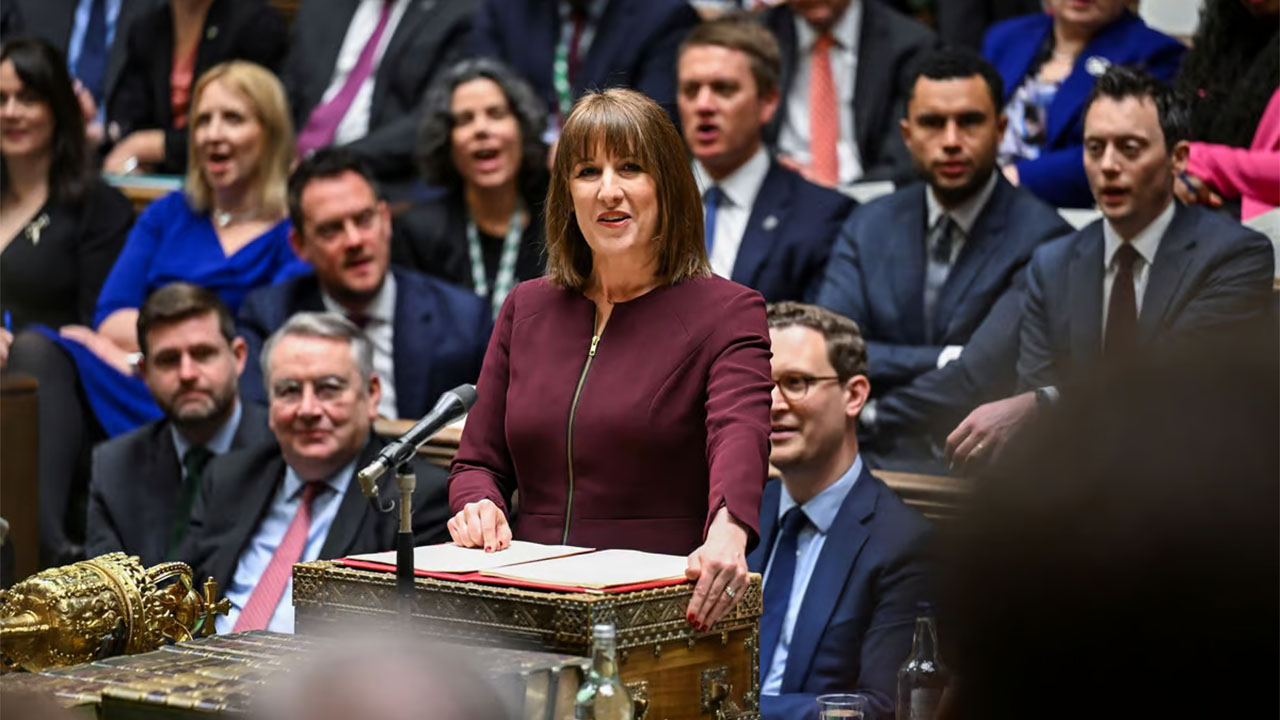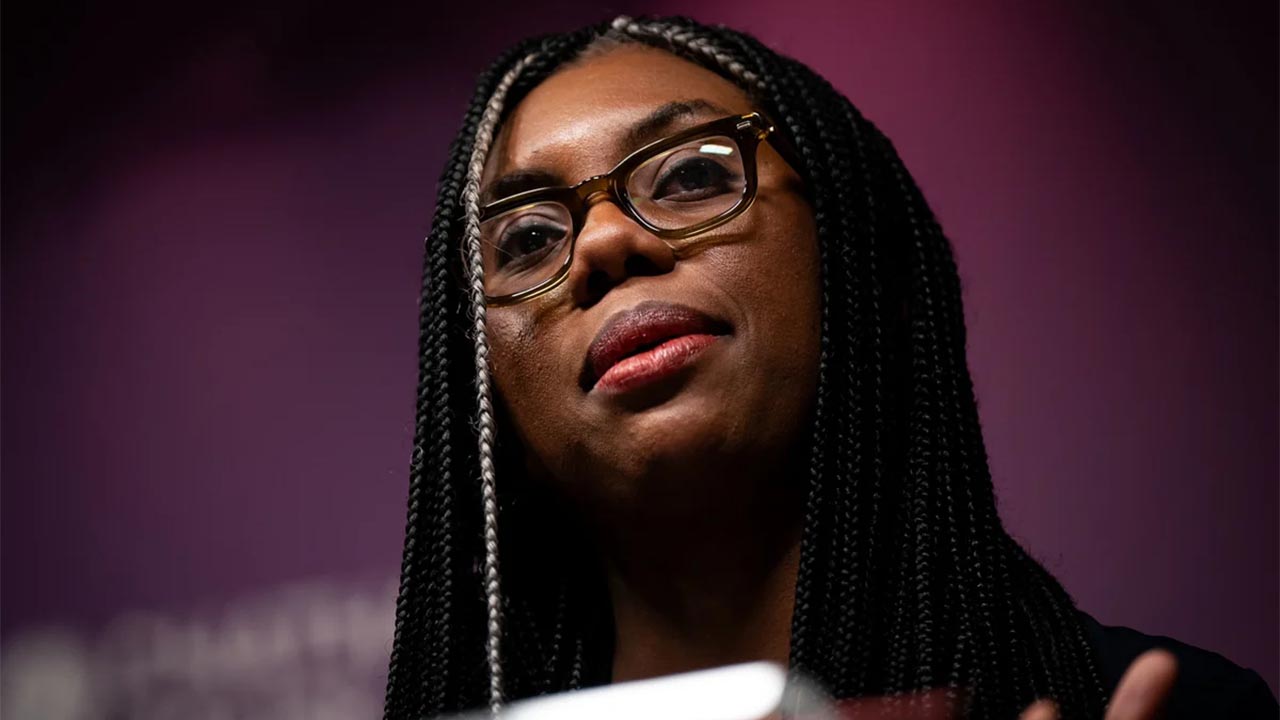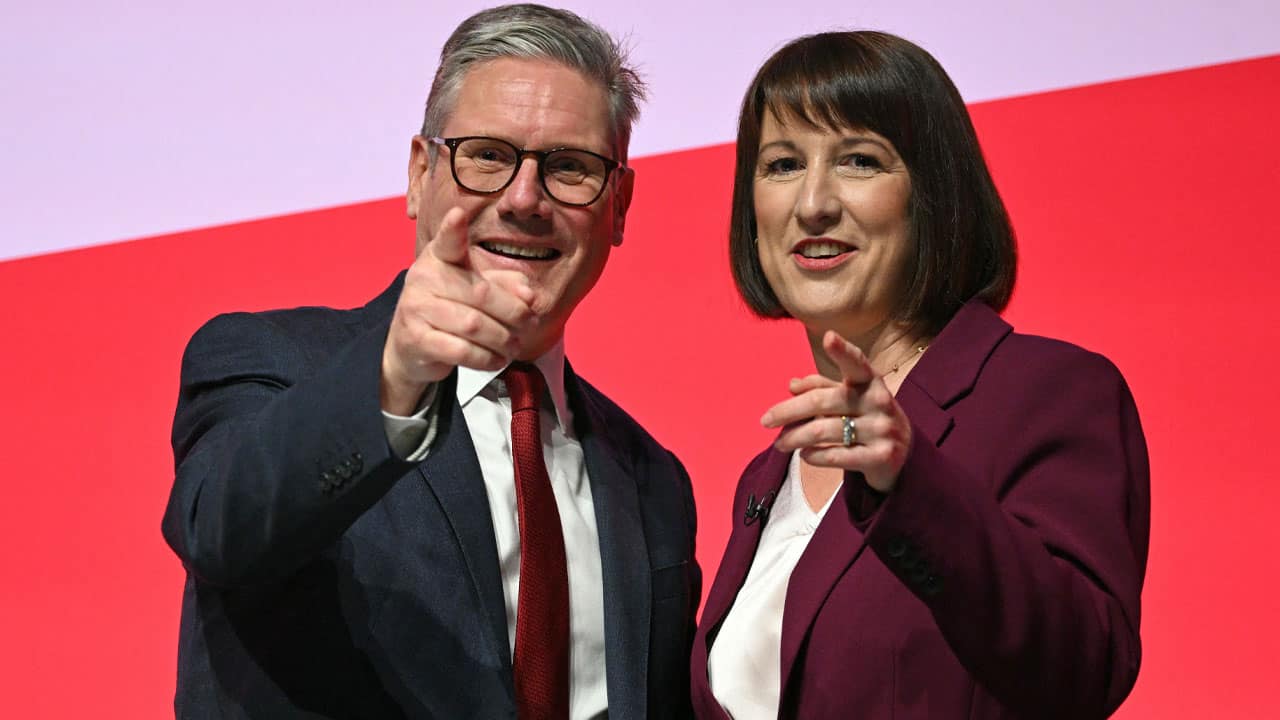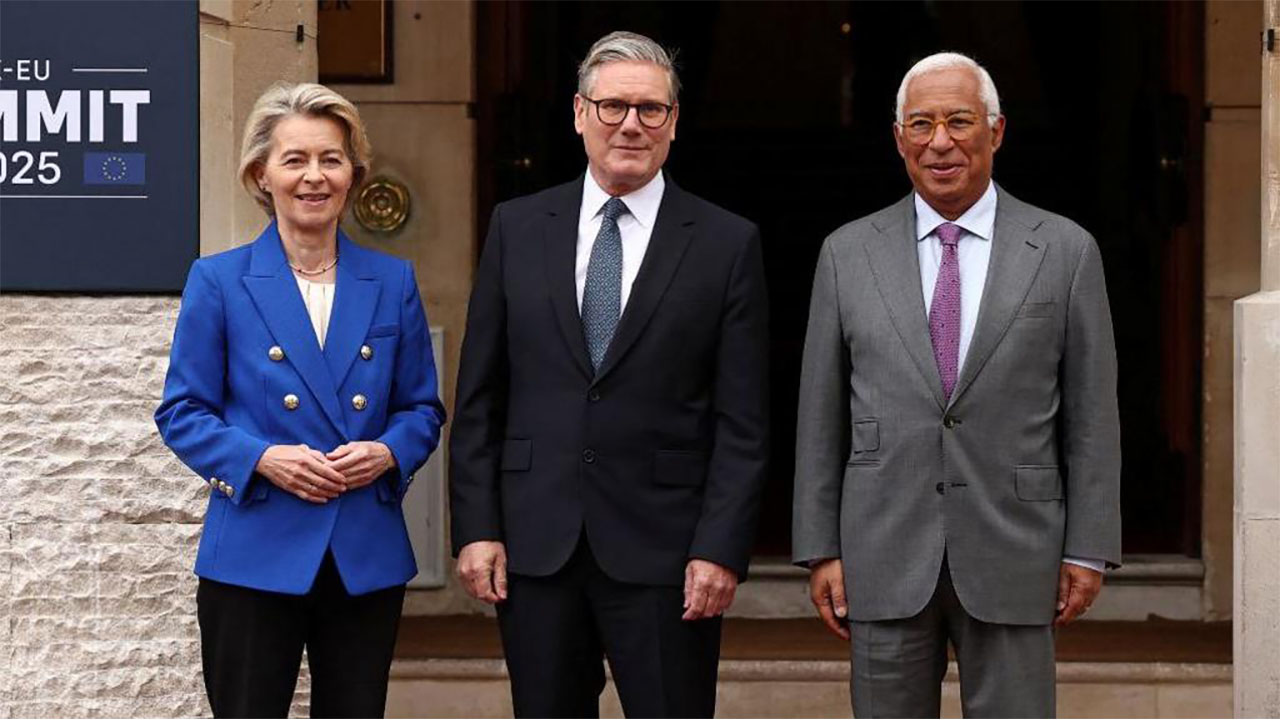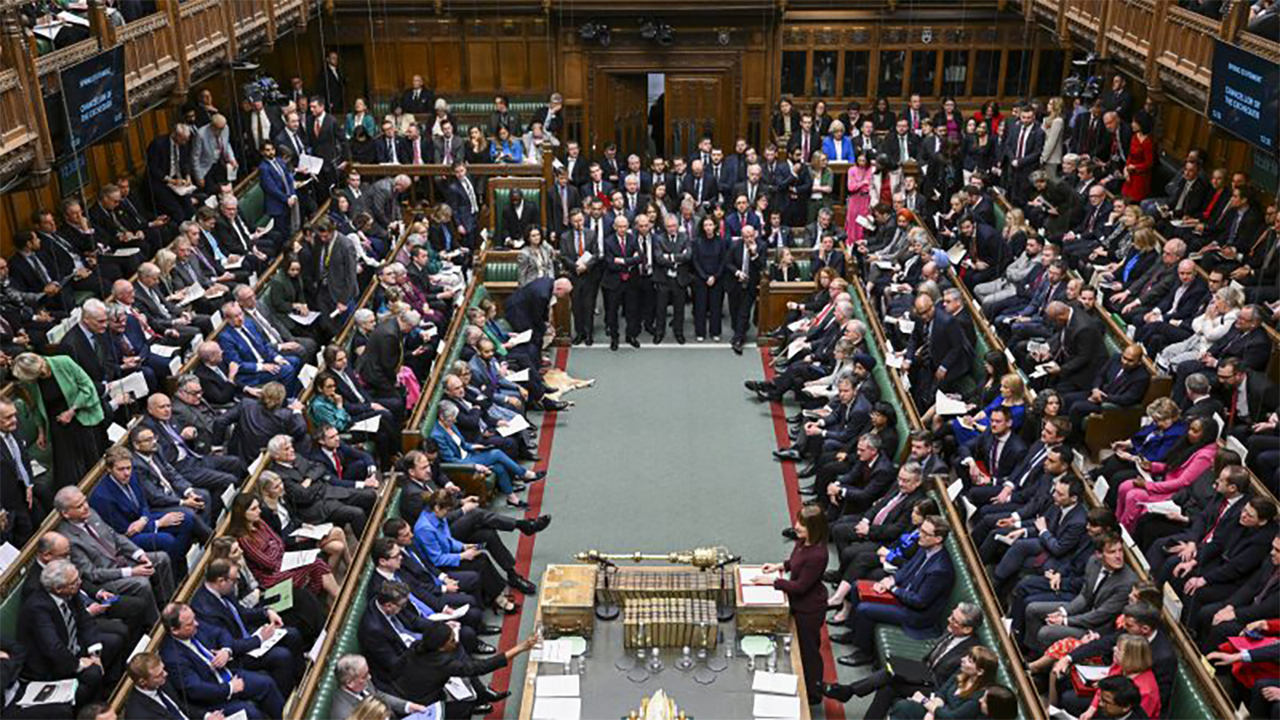The Chancellor Jeremy Hunt confirmed this week that a future Conservative government will guarantee what has become to be known as the ‘triple lock’.
In other words, pensions will rise by whatever is highest – earnings, inflation, or 2.5%.
In the short-term, this is seen by the Tories as an electoral imperative. Most pensioners vote – and, historically, the majority of them vote Conservative.
However, in terms of a long-term economic strategy, the triple lock is a disaster. This policy, introduced by the Coalition government back in 2010, is already costing taxpayers an eye-watering £10 billion a year. The state pension bills this financial year is £124.3 billion. This compares to the total of £114.5 billion if the pension had been increased in line with average earnings over the past decade and a bit.
If the ‘triple lock’ policy continues, then it is more than plausible that at some point in the not-too-distant-future we will reach a stage whereby pensioners will be receiving a larger income than the average worker. Furthermore, as we continue to live longer, and the pensioner population grows, independent economists predict that by 2050 an additional £45 billion a year (in today’s money) will be added to the already colossal bill.
Given that the ‘grey’ vote is such a potent force, particularly during an election year, the chances of Labour arguing against this madness anytime soon is highly unlikely.
However, as the tax burden on working families continues to be hiked, public services fall over, and the government has little alternative but to raise the retirement age – apparently to 68 if the latest rumours are to be believed – then surely the good citizens of UK PLC will demand a more genuine debate and approach to how we look after the welfare of our elderly.
If not, then I’m afraid you will need to accept slow or negative economic growth, a less incentivised workforce – and eventually a retirement age of 99!
Happy Easter everyone.


